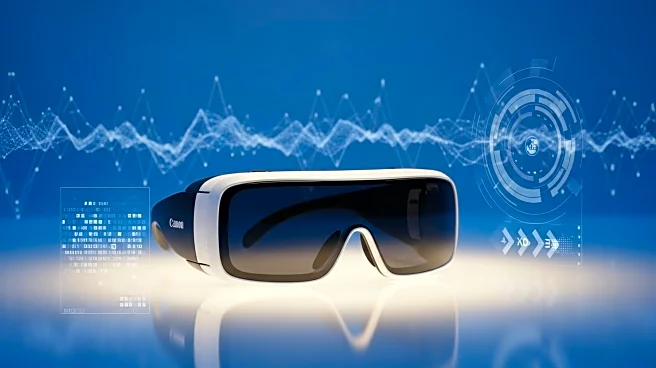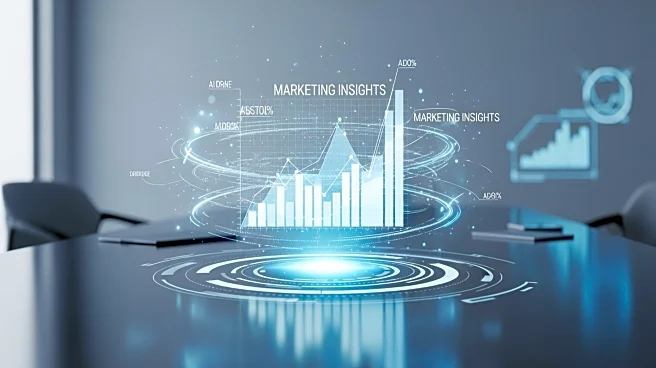What's Happening?
This week marked significant developments in the tech industry, with Meta unveiling its latest VR glasses and Apple releasing new iPhone models. Meta's new Ray-Bans Gen 2 glasses were announced at the Meta Connect event, although the live demos faced criticism for poor execution. The glasses are priced at $379 and are available immediately. Meanwhile, Apple introduced the ultrathin iPhone Air, praised for its design but scrutinized for battery life and durability. CNET conducted extensive reviews of these products, alongside testing 100 cordless vacuums to assess their performance.
Why It's Important?
The launch of Meta's VR glasses and Apple's new iPhones highlights the ongoing innovation and competition in the tech industry. Meta's entry into the smart glasses market reflects the growing interest in augmented reality and wearable technology, which could transform how users interact with digital content. Apple's focus on design and functionality in its new iPhone models demonstrates its commitment to maintaining leadership in the smartphone market. These developments are crucial for tech companies as they seek to expand their product offerings and capture consumer interest in emerging technologies.
What's Next?
As Meta's VR glasses enter the market, the company may face challenges in refining its product and addressing consumer feedback from the initial launch. The success of these glasses could influence Meta's strategy in the augmented reality space and its competition with other tech giants. Apple's new iPhone models will likely drive sales and set trends in smartphone design and features. Both companies will continue to innovate and adapt to consumer demands, potentially leading to further advancements in wearable technology and mobile devices.
Beyond the Headlines
The introduction of new tech products raises questions about the integration of AI and privacy concerns. Meta's VR glasses, while innovative, may require careful consideration of data handling and user privacy. Apple's focus on design and functionality must balance consumer expectations with technological limitations, such as battery life. As tech companies push boundaries, ethical considerations around AI usage and data security will become increasingly important. The industry must navigate these challenges to ensure responsible innovation and maintain consumer trust.











